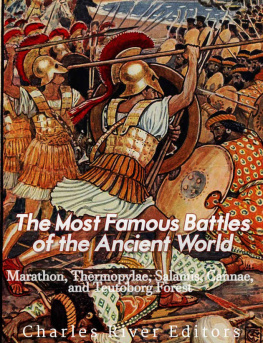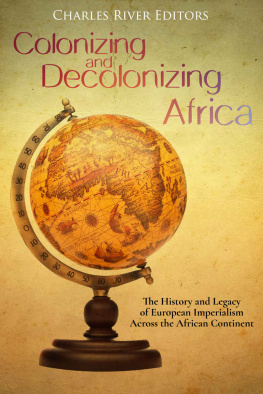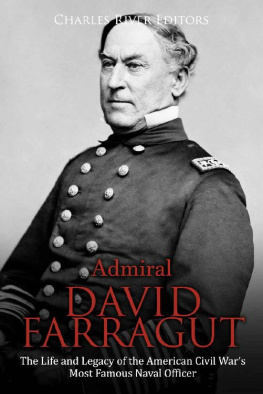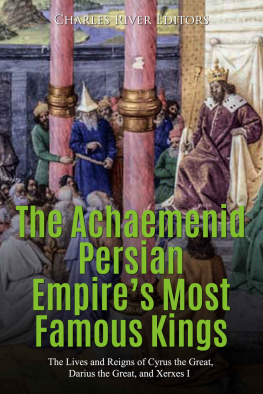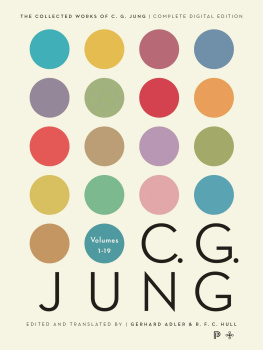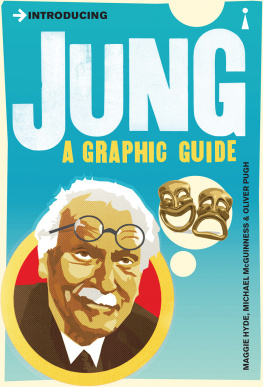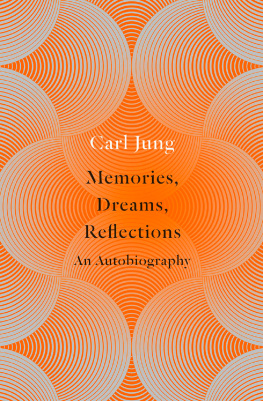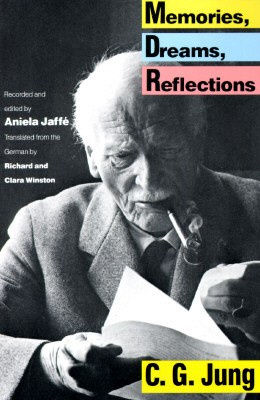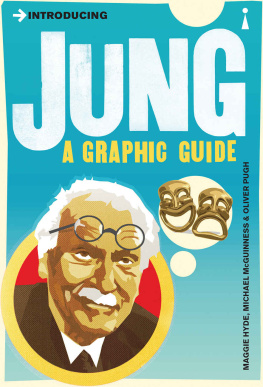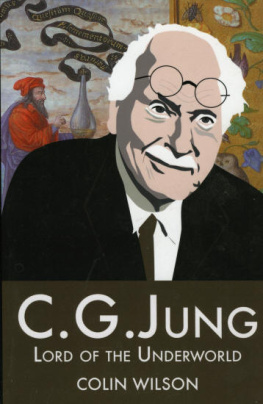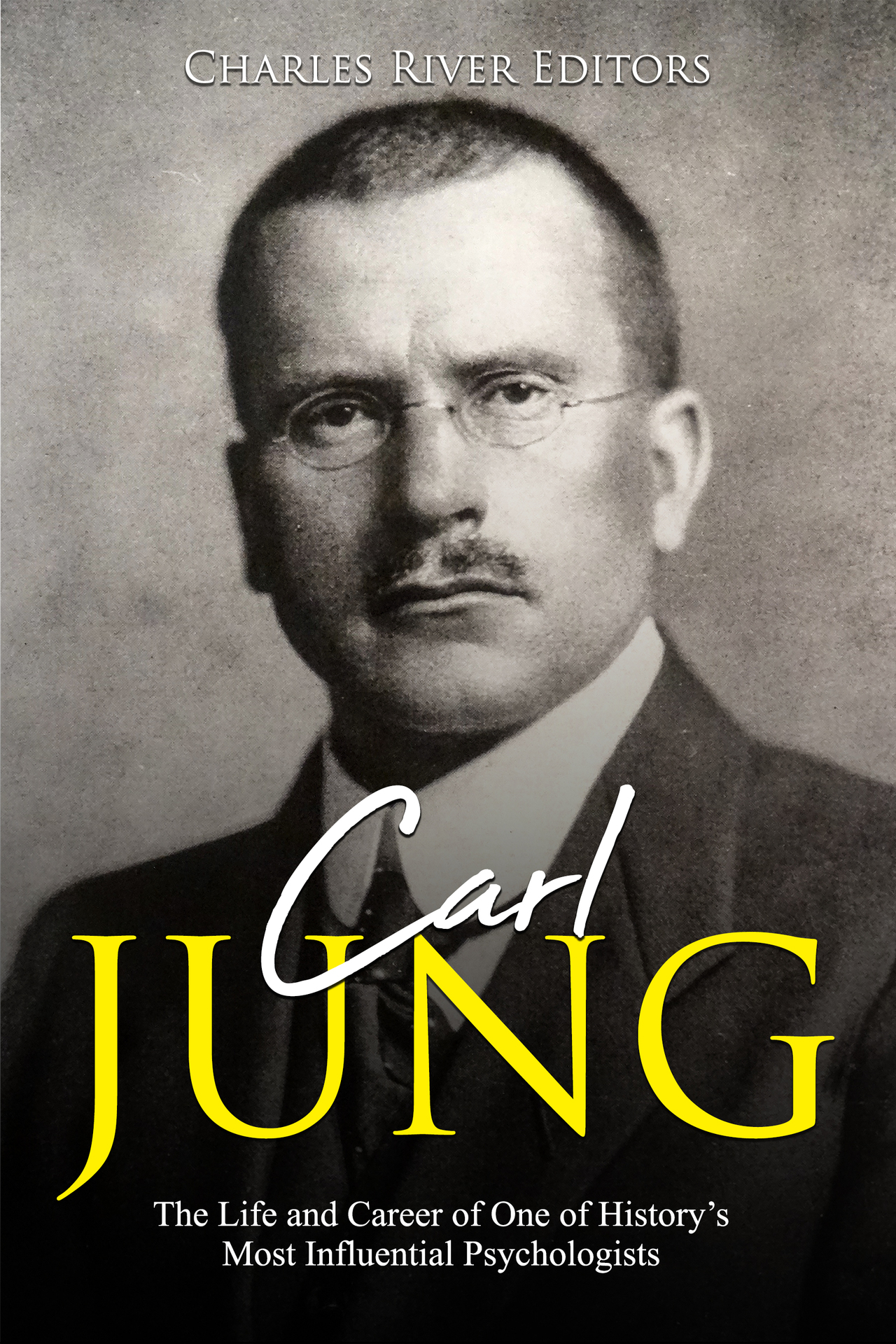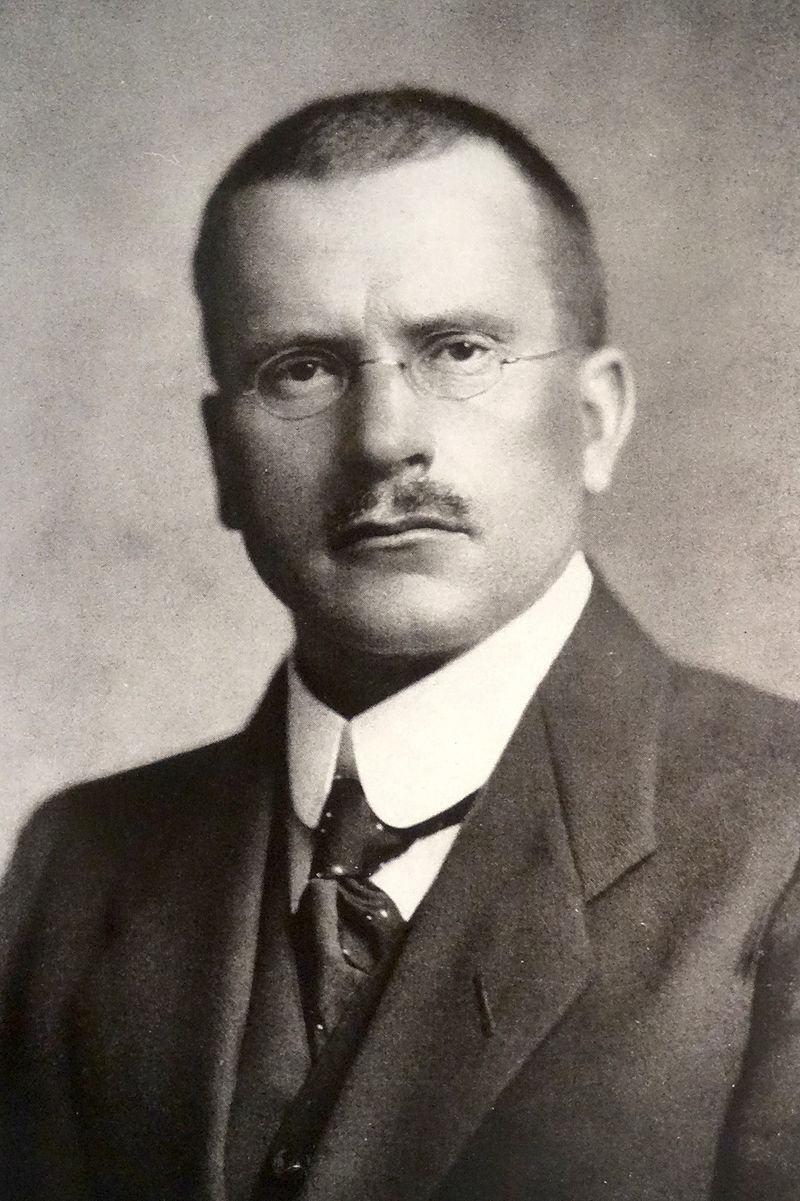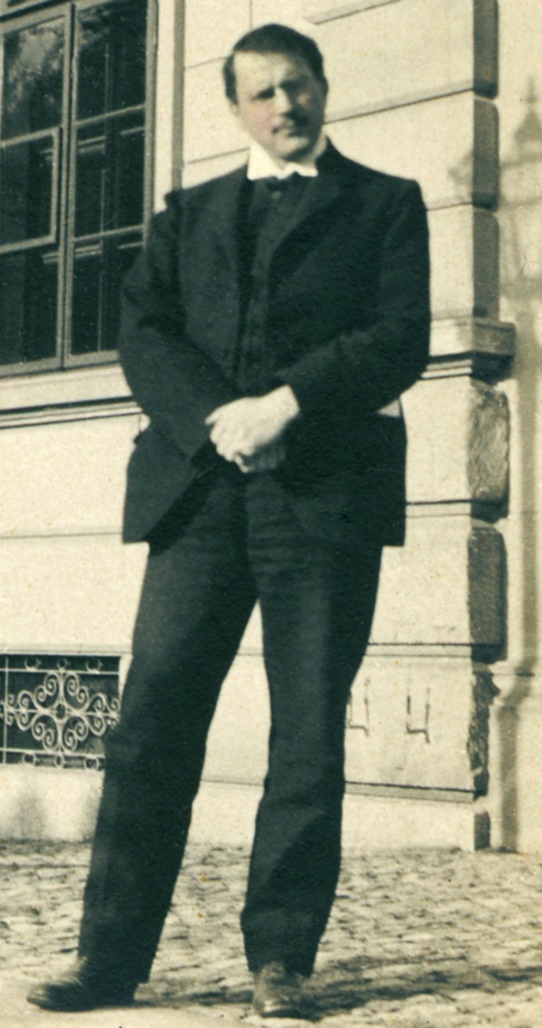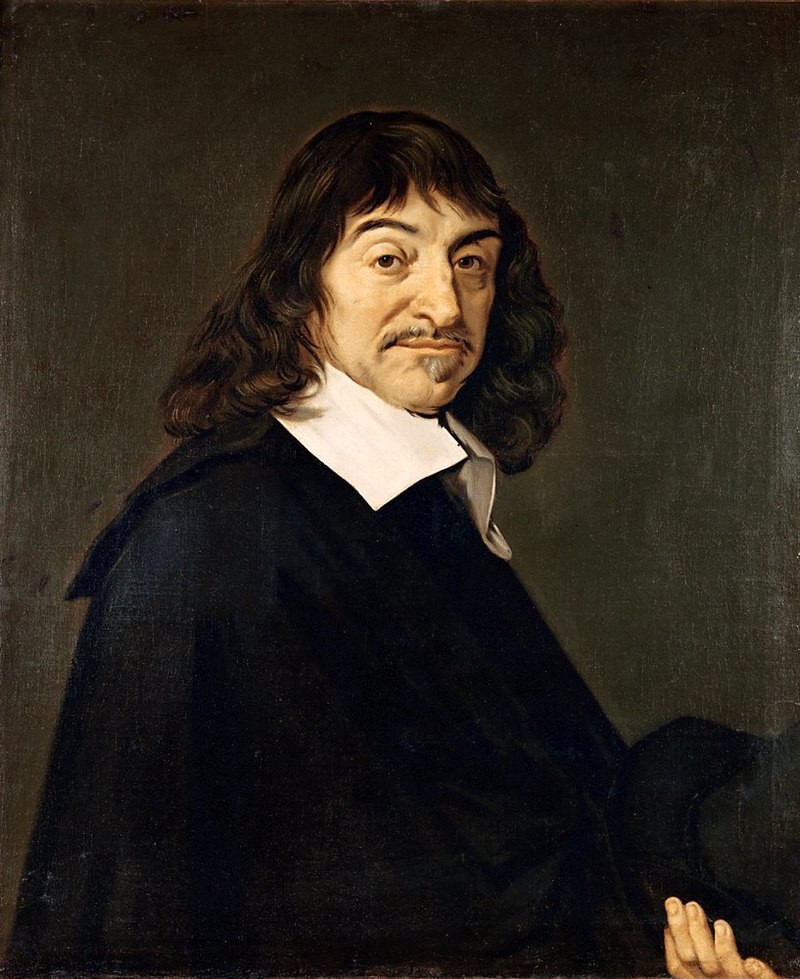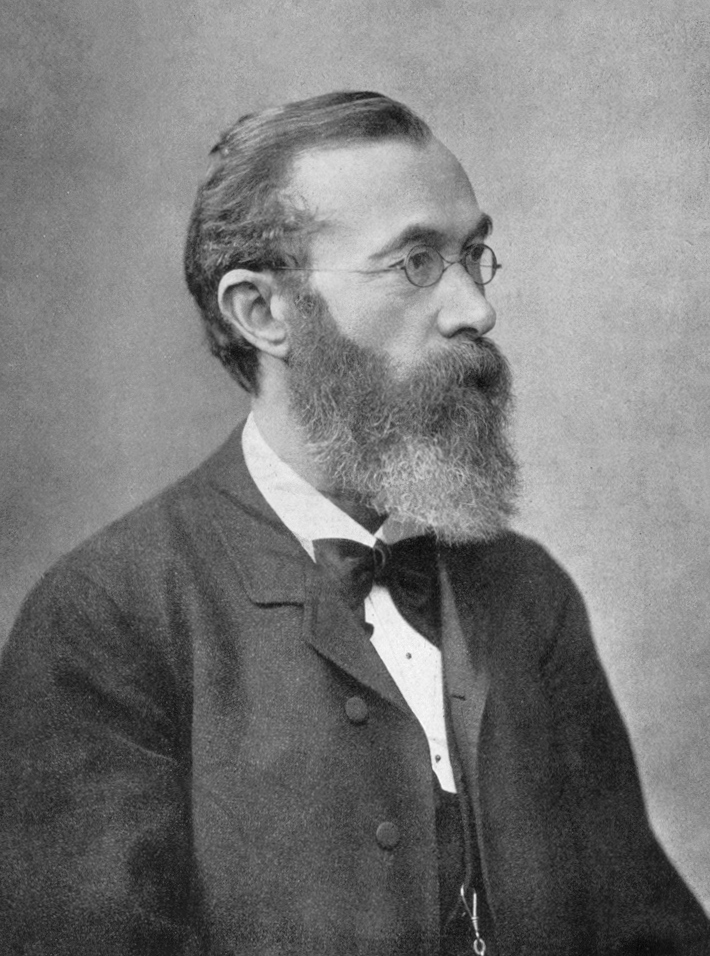Carl Jung: The Life and Career of One of Historys Most Influential Psychologists
By Charles River Editors
About Charles River Editors
Charles River Editors provides superior editing and original writing services across the digital publishing industry, with the expertise to create digital content for publishers across a vast range of subject matter. In addition to providing original digital content for third party publishers, we also republish civilizations greatest literary works, bringing them to new generations of readers via ebooks.
Sign up here to receive updates about free books as we publish them, and visit Our Kindle Author Page to browse todays free promotions and our most recently published Kindle titles.
Introduction
Who looks outside, dreams; who looks inside, awakes. - Jung
Carl Gustav Jung, the man who created analytical psychology both as a concept and as a practice, was a complicated person. He is also very difficult to understand, partly because so many of his personality traits seem to be contradictory and sometimes mutually exclusive.
Ferociously intelligent, he used rigorous scientific method to derive a completely new set of tools for understanding and healing the human mind, yet he also believed completely in telepathy, ESP, poltergeists and precognitive dreams, and he was convinced that coincidences were not the result of chance but evidence of the ability of the human mind to manipulate the physical world.
He was married to the same woman for over 50 years and claimed to love her, yet he was also a serial womanizer who also admitted to having a crush on a male colleague. For several years he was Sigmund Freuds closest confidante and admirer, but after the two disagreed, he never spoke to Freud again.
He appeared to be a supporter of the Nazis and was vilified for this by many people after World War II ended. It would take many years for classified information to make clear he had actually spent a large part of the war working against the Nazis as a spy for America.
Carl Jung: The Life and Career of One of Historys Most Influential Psychologists chronicles the fascinating life Jung led, and the groundbreaking psychoanalytical and psychological theories he developed over decades of work. Along with pictures of important people, places, and events, you will learn about Jung like never before.
Jungs Early Years
Children are educated by what the grown-up is and not by his talk. Jung
Psychology, the study of the human mind, is often said to have a long past but a short history. As early as the 17th century, thinkers such as the French philosopher and mathematician Ren Descartes were striving to understand just what consciousness was and what shaped behavior. Descartes was building on earlier work done by philosophers in diverse places as distant as China, ancient Egypt, and Greece, but his approach was importantly different because he was not working within a religious context and seeking to understand the soul (as most earlier philosophers had). He was simply striving to explain how humans were capable of thought.
Descartes
Descartes was the first to propose a world controlled by dualism, where everything was divided into two distinct types of matter: physical substance (res extensa) and thinking substance (res cogitans). The body, Descartes explained, comprised not just the physical organs which supported life, but also consciousness and an ability to reason, which was separate from the physical body and could not be seen or measured. This view of life gave rise to Descartes best-known aphorism: I think, therefore I am.
Although it seems obvious now, this concept of human beings comprising two separate but linked systems, dualism, was radical in the 1600s and led to a separation for the first time between the study of the physical aspects of the body (physiology) and the study of the function of the mind. The idea was so revolutionary at the time that there was no term widely agreed on to define that study.
In the early modern era, the study of the psyche was the province of philosophers who used logic and reason to attempt to deduce the workings of the human brain. Many continued to follow religious tradition and sought not to explain consciousness, but to try to understand what the soul was and therefore how it was able to persist after death. Some of the debates which still affect psychology today such as nature vs. nurture (whether the personality is shaped by external influences or whether people are born with certain inherent characteristics) were first discussed at this time.
During the 18th century, there was continued interest in understanding the workings of the human mind, though this was still generally approached in a philosophical way. Notable new books such as A Treatise Concerning the Principles of Human Knowledge were influential, but they still sought to explain human behavior through external observation rather than attempting to understand the underlying mechanisms.
By the beginning of the 19th century, scientific advances had produced a revolution in physiology and a much greater understanding of the physical aspects of the human body. However, the understanding of mental processes was still very basic, and there was no attempt to apply scientific methodologies to the study of the mind. The most popular scientific work on human behavior was phrenology, which claimed that the physical structure of the brain controlled human behaviors and that by measuring the skull, the behavioral characteristics of any individual could be ascertained. Ultimately, phrenology was quickly discredited, and many people began to wonder whether the study of the mind could ever be done in a truly objective way because it was so difficult to measure and reproduce behaviors.
Then, in 1874, German professor and doctor, Wilhelm Maximilian Wundt, published a book that began to change the way that people regarded the mind. Grundzge der physiologischen Psychologie ( Principles of Physiological Psychology ) was the first attempt to apply a scientific method to the study of the mind, which Wundt called psychology and which he claimed was entirely separate from physiology. Wundt wasnt the first to use this term, but he became the first person to describe himself as a psychologist when he created the first ever psychological laboratory at the University of Leipzig in 1879. Thousands of students attended his courses, and hundreds emerged with the first degrees in psychology.
Wundt
This marked the beginning of modern psychology and the first time that it had been widely regarded as a science. No longer was the study of the human mind left to philosophers or to religion from this point forward, there was a belief that human consciousness could be measured, analyzed and studied just like the physical aspects of the body.


